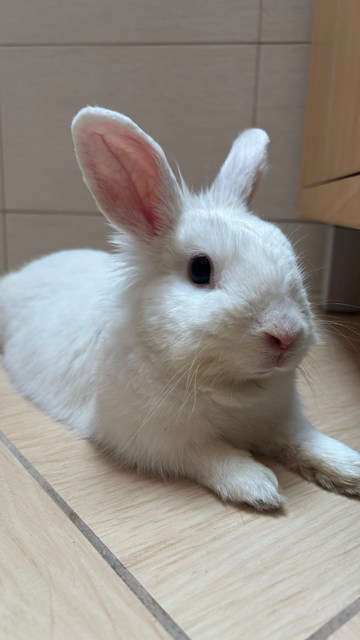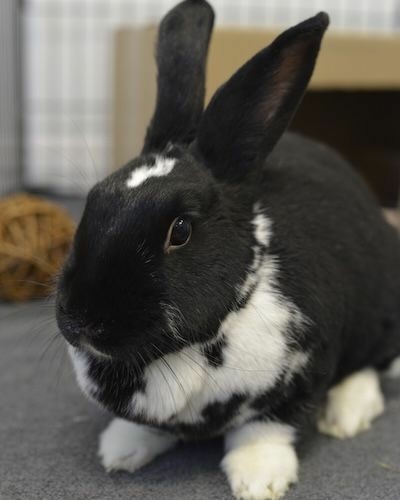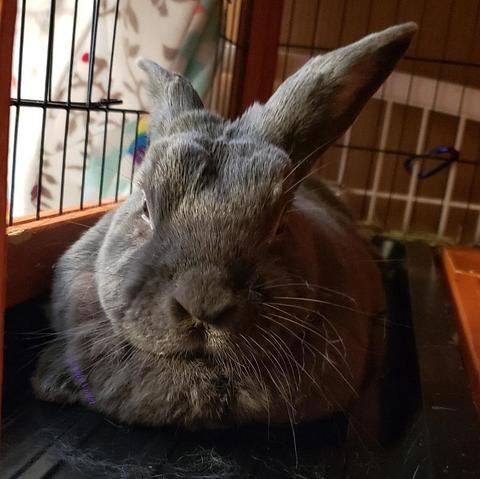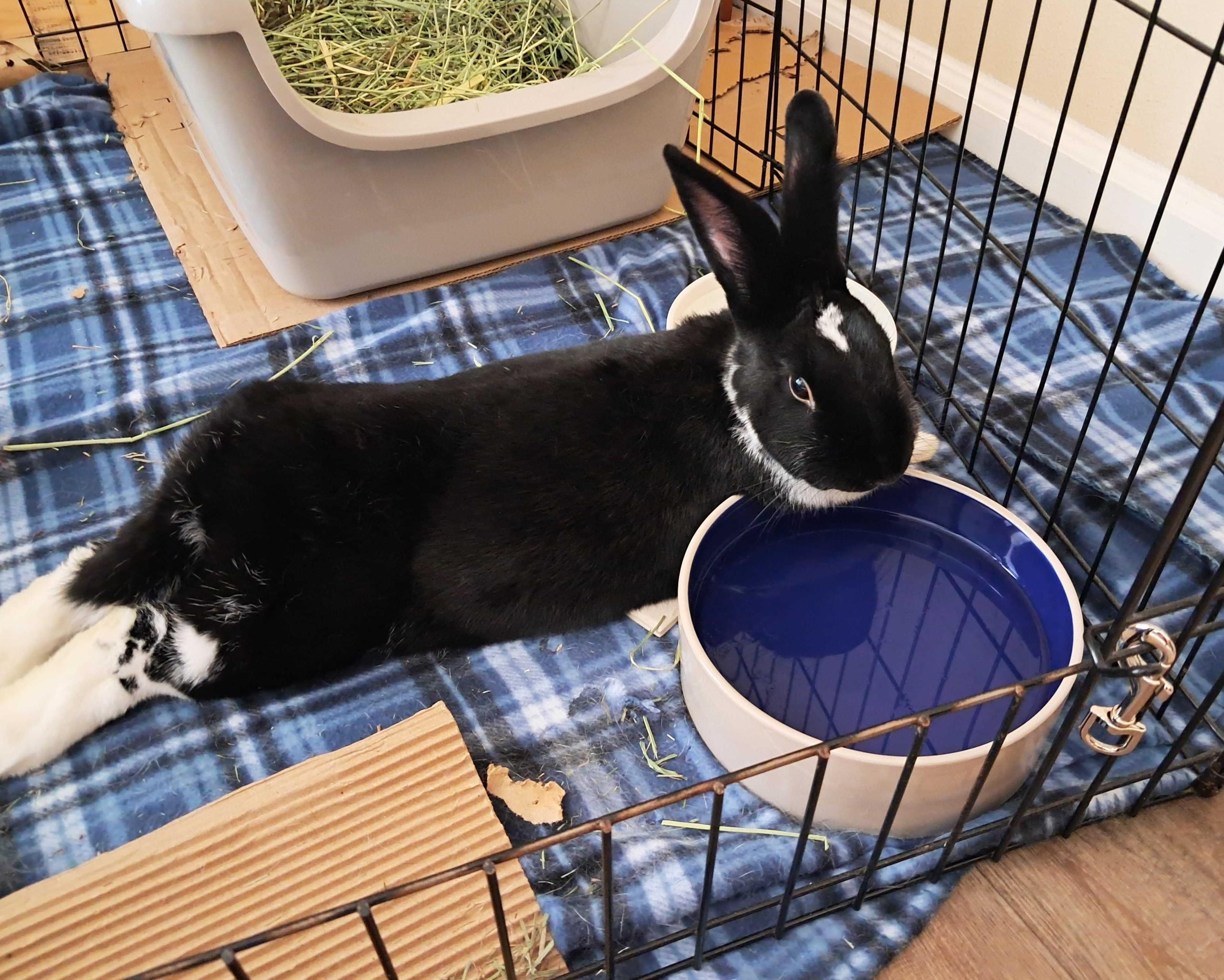Engaging with Élisée Reclus (1830-1905) on vegetarianism and colonialism:
Violence against animals was intimately connected to the violence of colonialism. The slaughter of colonised people was justified by their dehumanising reduction to the level of animals.
Reclus argued that brutal treatment of animals at home thus enabled colonial violence around the globe through “direct relation of cause and effect”, for “the slaughter of the first makes easy the murder of the second” and “harking on dogs to tear a fox to pieces teaches a gentleman how to make his men pursue the fugitive Chinese”. If Europeans could learn to relate ethically to animals at home, he maintained, it would destabilise the practice of colonial violence abroad.
Vegetarianism would transform humanity’s relationship with the world in a way that precludes all violence and exploitation directed at both human and non-human animals.
While the argument may have appeal, it rings somewhat hollow to our ears today. The Israeli military, for example, uses its self-proclaimed label of “most vegan army in the world” as proof of its ostensible dedication to peace, wielding veganism as a shield to justify its violence against the supposedly “backwards” (in part because non-vegan) Palestinians. Some activists thus add veganwashing to greenwashing and pinkwashing as “progressive” justifications for colonialism.
It seems clear from our vantage point in the twenty-first century that Reclus was overly optimistic in his belief that ending animal exploitation would end colonial violence.
Yet there is still power in Reclus’s call for an ethical and beautiful life free of exploitation of human and non-human animals alike.
Read more from my recent article in Freedom: https://freedomnews.org.uk/2025/07/05/let-us-become-beautiful-ourselves-elisee-reclus-on-vegetarianism-anarchism-and-colonial-violence/
#vegan #vegetarian #colonialism #anarchism
 nonbinary aroace
nonbinary aroace 
 | anarchist 🏴 | vegan/animal liberation | neurodivergent (AuDHD) | kind of obsessed with rabbits 🐇 | might also post about industrial and goth music, anime, games, horror, sci-fi and fantasy
| anarchist 🏴 | vegan/animal liberation | neurodivergent (AuDHD) | kind of obsessed with rabbits 🐇 | might also post about industrial and goth music, anime, games, horror, sci-fi and fantasy






